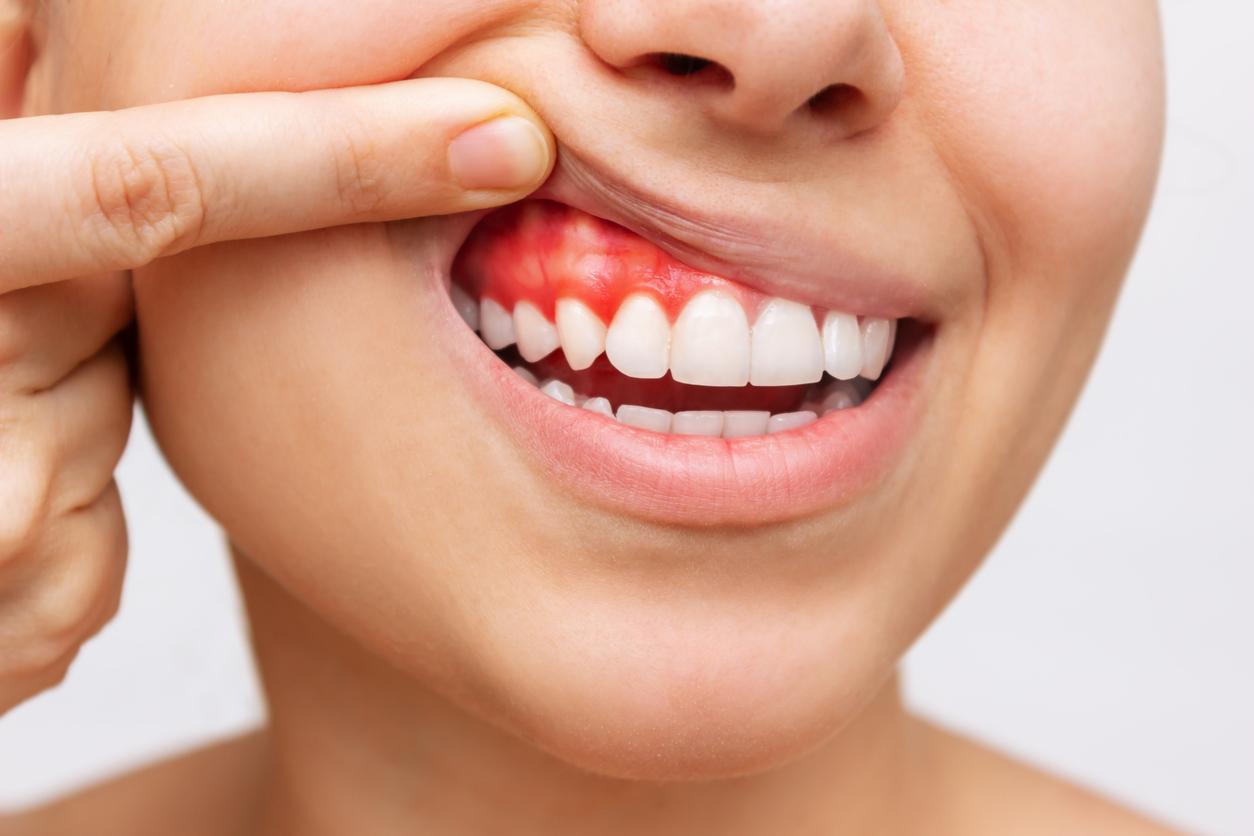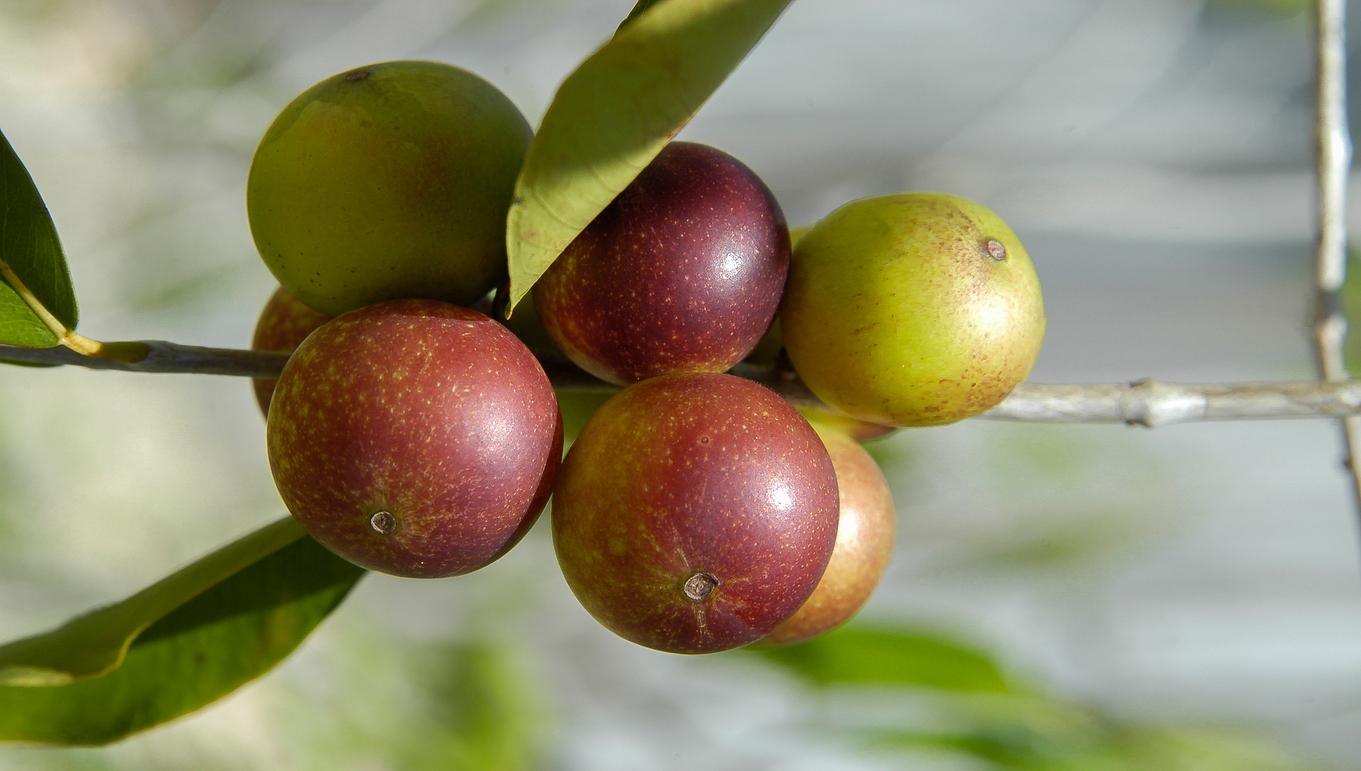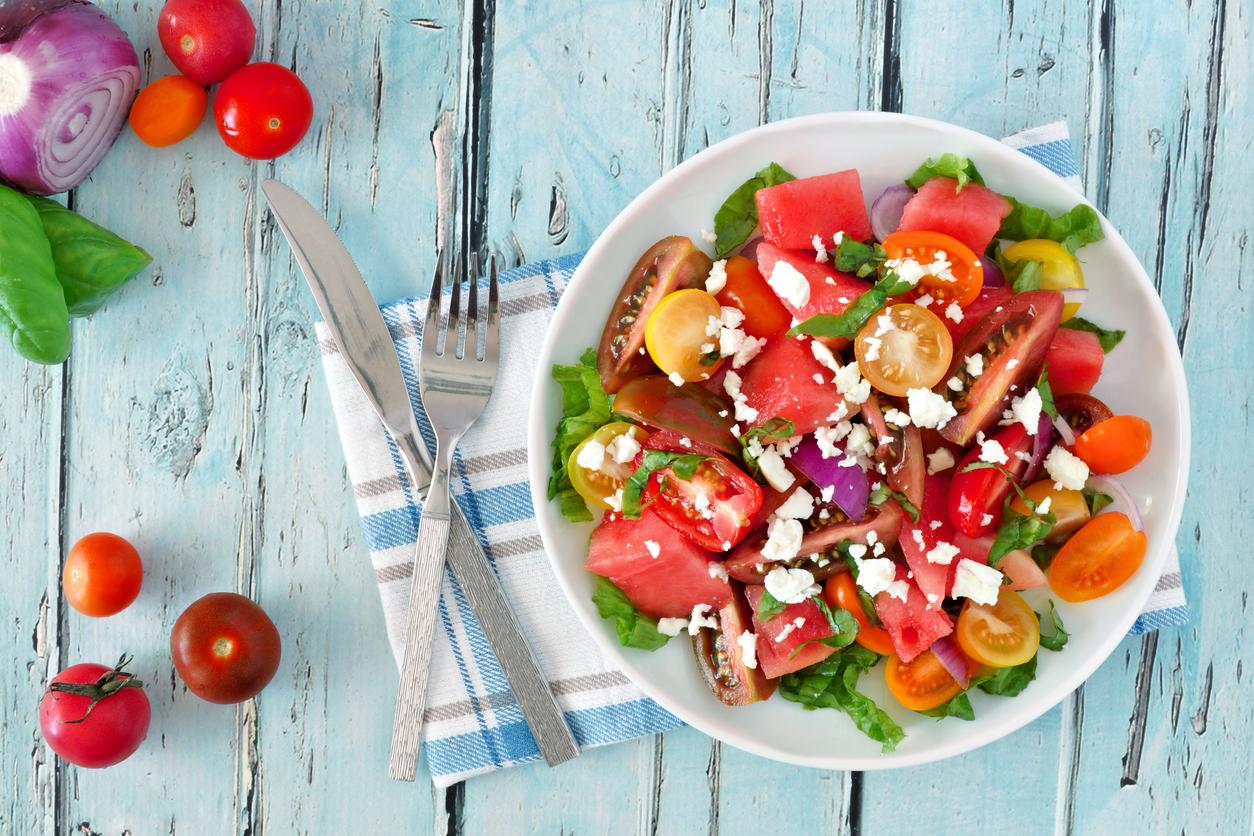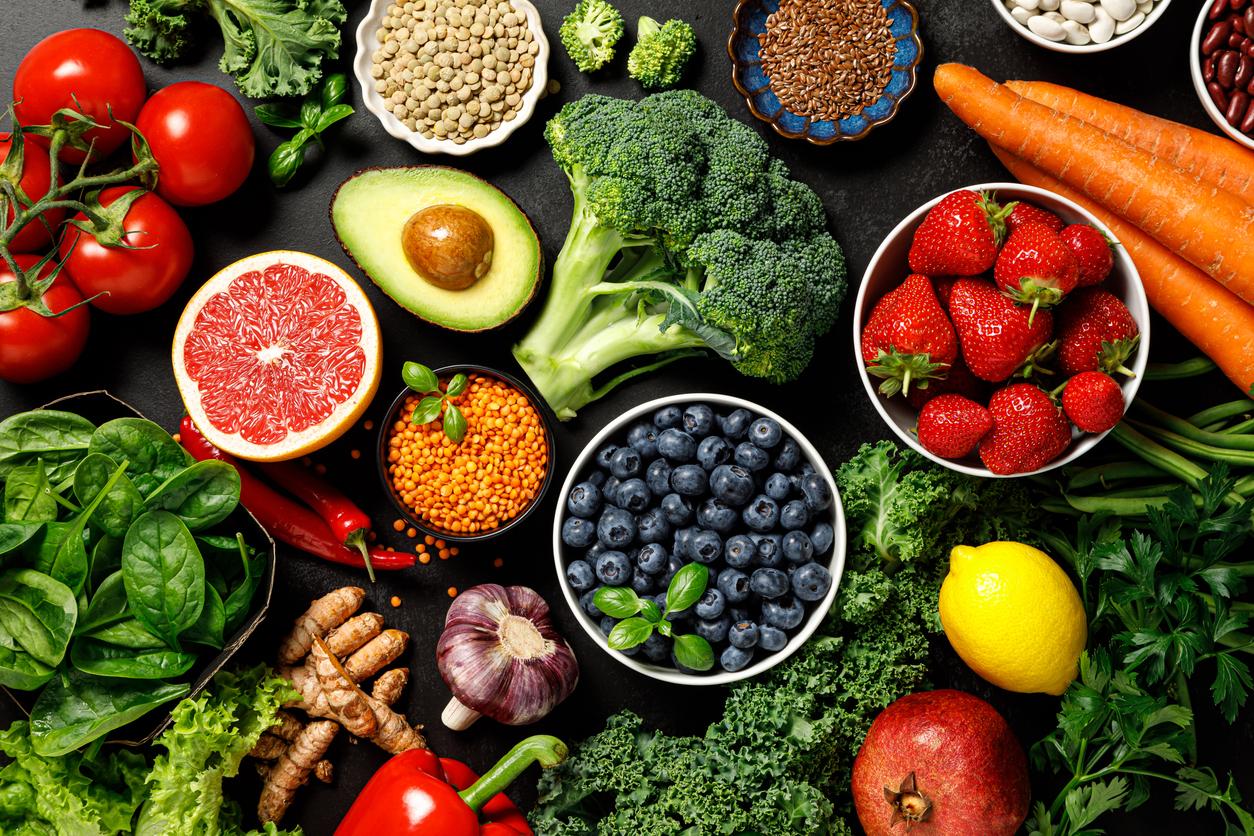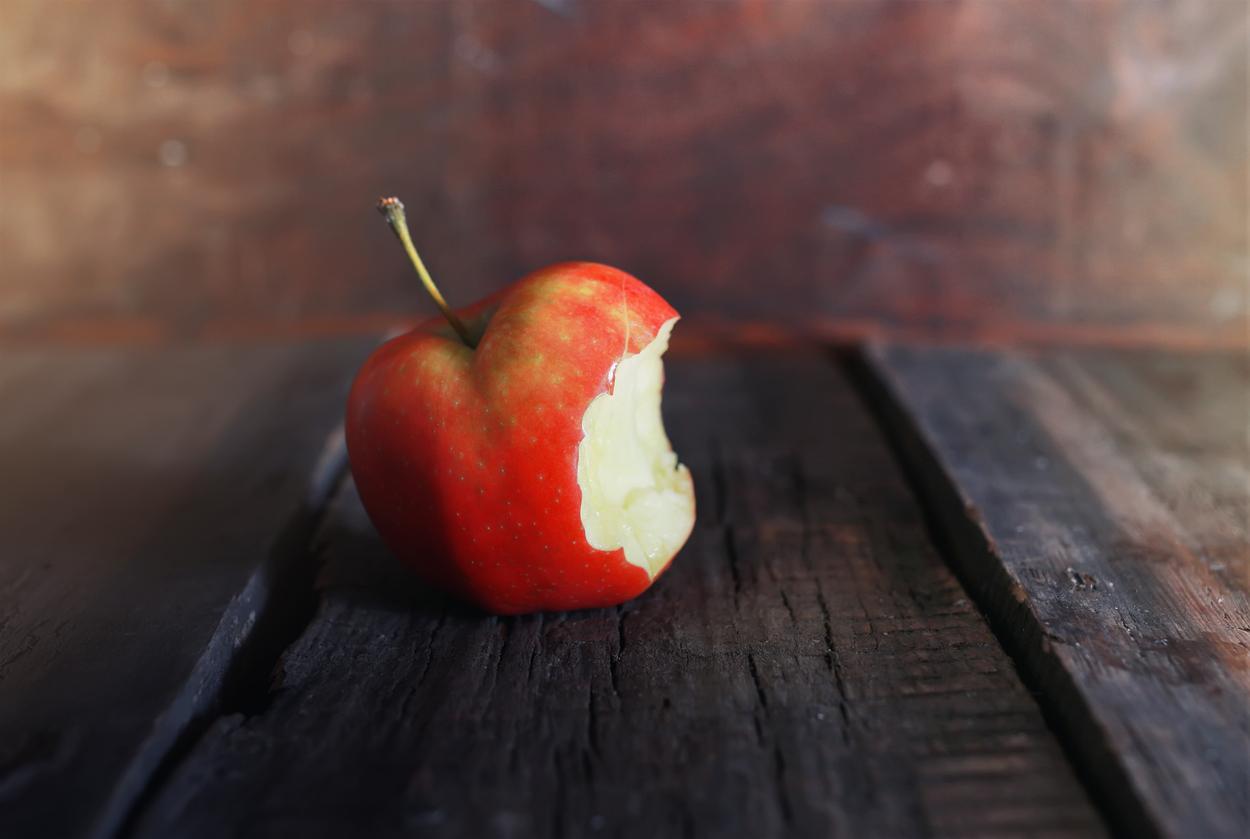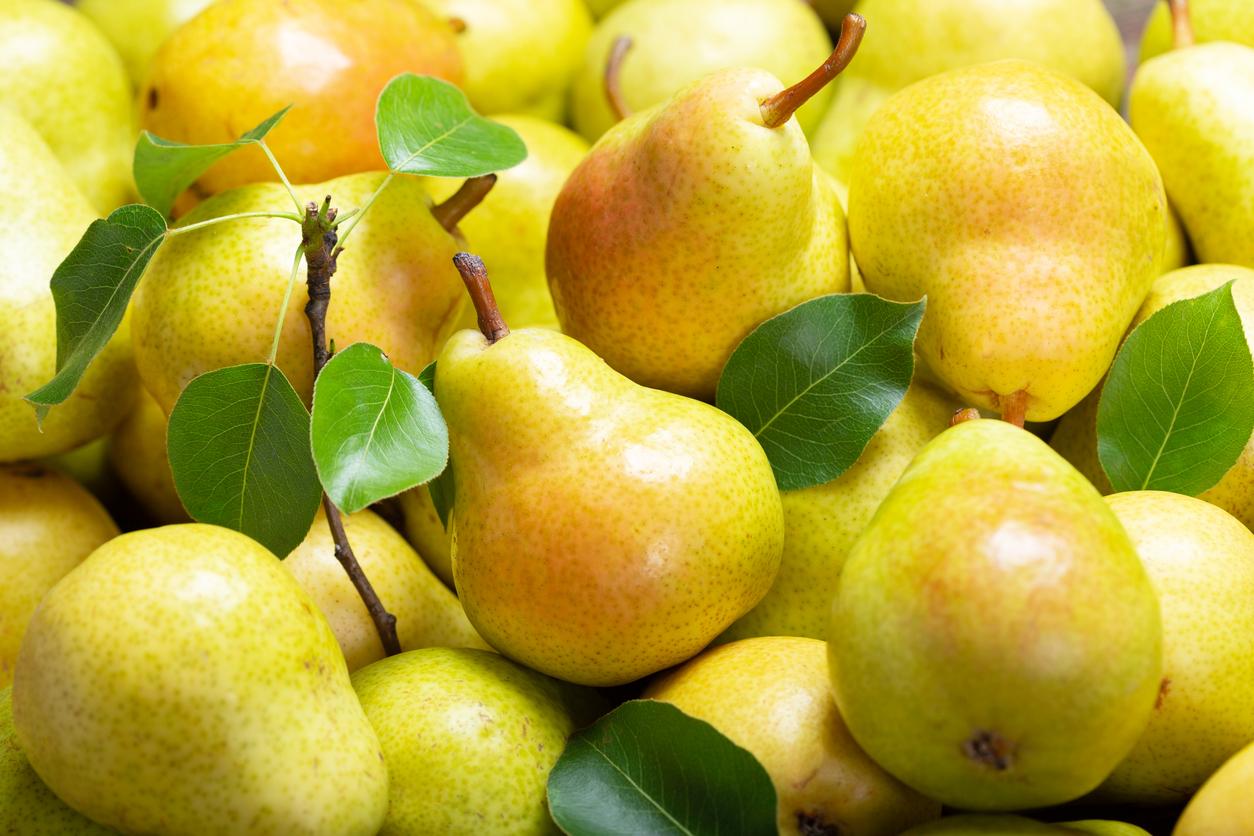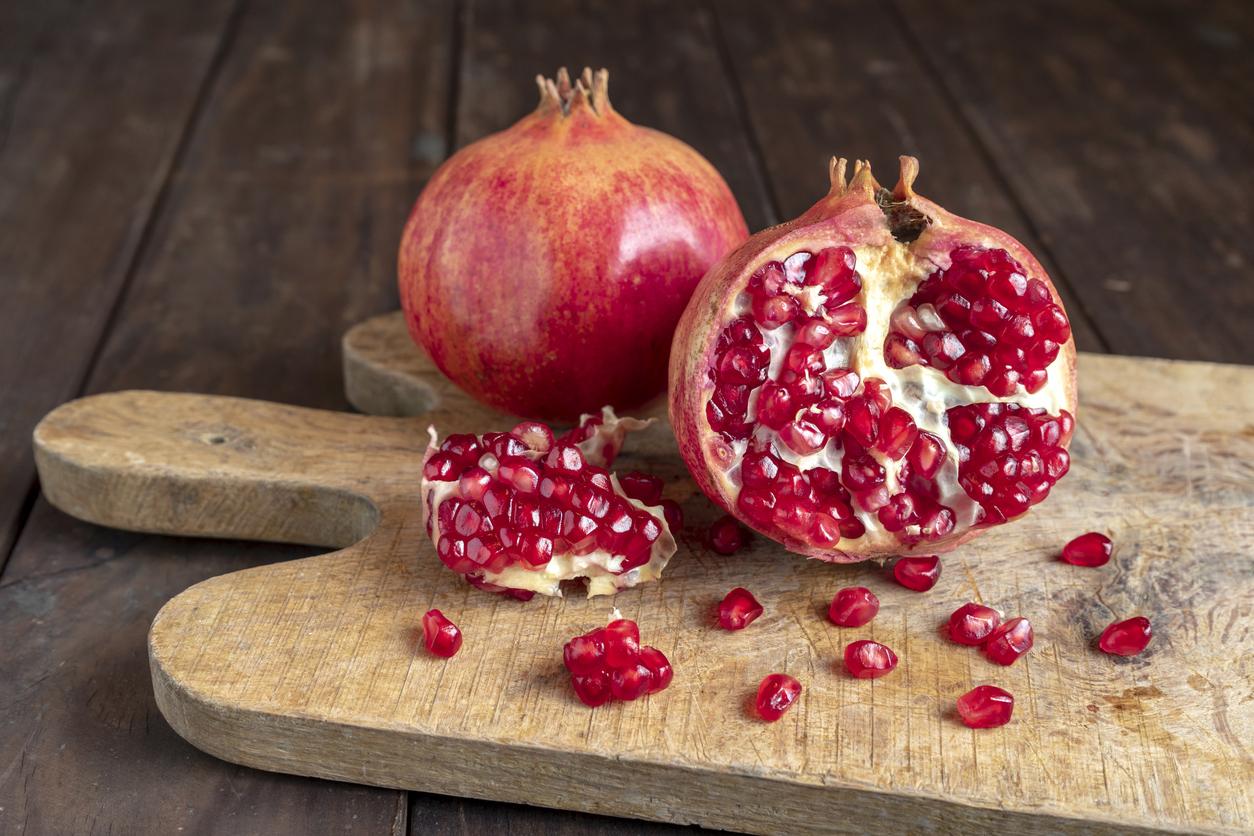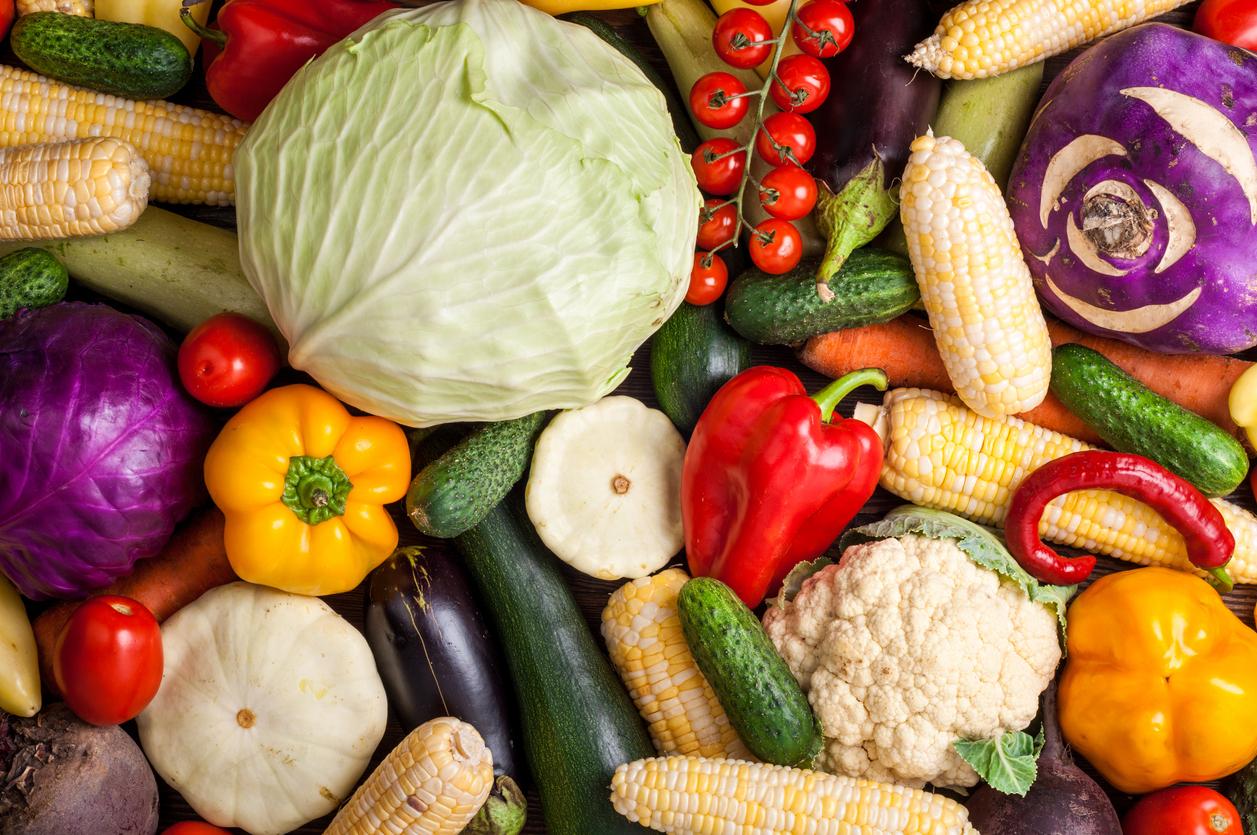August 27, 2008 – Grapefruit, orange and apple juices may decrease the absorption of certain drugs, say Canadian researchers at the University of Western Ontario.
The results were presented at the American Chemist Society’s annual conference by David Bailey, who discovered 20 years ago that grapefruit juice increased the absorption in the body of an antihypertensive agent, felodipine. Since then, it has been discovered that grapefruit as well as bitter orange interacts in this way with about fifty other drugs.
In the present case, David Baley’s team observed that grapefruit could, on the contrary, counter the absorption of certain drugs, in particular toposides (anticancer agents), atenolol, celiprolol and talinolol (against arterial hypertension), ciclosporins (anti-transplant rejection molecules), ciprofloxacins, levofloxacins and itraconazoles (antibiotics) and fexofenadine (antihistamine).
In a clinical trial, the bodies of subjects who took fexofenadine with grapefruit juice absorbed half as much of the drug as those of subjects who took the drug with water, the researchers observed.
Apple and orange: similarities
This effect would be due to the naringin contained in grapefruit and which would inhibit the penetration of the drug into the blood. Orange juice and apple juice contain similar substances and could therefore have similar effects, the researchers point out.
“The clinical data of the study are clear for grapefruit, but further trials will have to be carried out with regard to orange juice and apple juice,” says Professor Jean-Louis Brazier of the Faculty. of pharmacology from the University of Montreal.
Despite the similarities to grapefruit, apple and orange have not been shown to inhibit drug absorption in a clinically meaningful way. “For a drug that is generally well absorbed, the effect of the juice may be marginal and have no major clinical impact. But otherwise, this could result in a critical reduction in the desired pharmacological effect, ”says the pharmacologist.
There are a host of possible interactions between drugs and the foods we eat, says Jean-Louis Brazier. “This is particularly the case with foods rich in calcium which can interact with certain antibiotics. Most of the time, the pharmacist will be able to tell you if there is such an interaction with the medicine you have been prescribed and tell you what foods to avoid and the correct way to take your medicine. “
Pierre Lefrançois – PasseportSanté.net
According to Western News (University of Western Ontario) and ScienceDaily.com.










